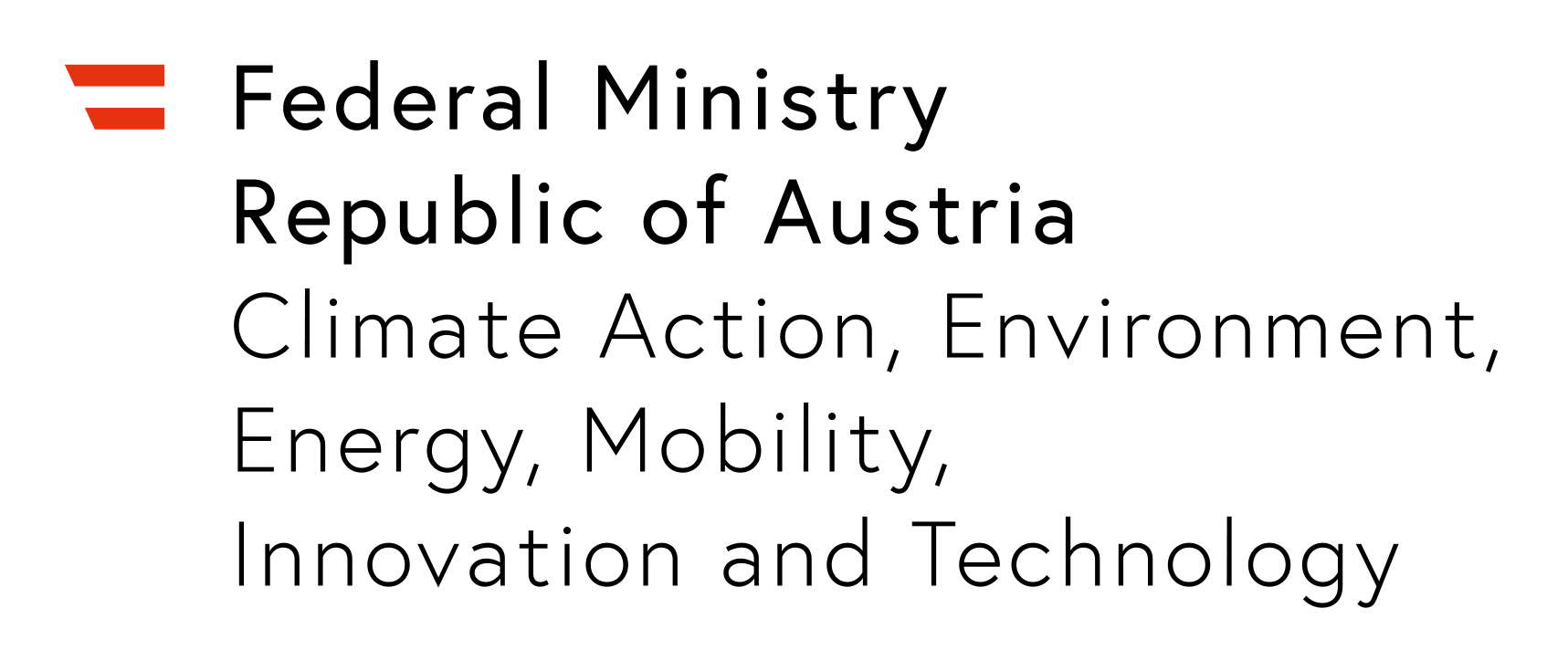Project team demonstrates successful implementation of Gaia-X Framework
25 November 2022
Under the motto “We are up and running – The Future is Gaia-X”, the Gaia-X community met in Paris from 17 to 18 November 2022 during the 3rd Gaia-X Summit to present and discuss the latest technical developments for building a transparent, trustworthy and secure data market in Europe.
In addition to the announcement of a Digital Clearing House, the Gaia-X Framework and the presentation of concrete use cases played an important role during the two-day event. As a set of rules, the Gaia-X Framework defines the three pillars “Compliance”, “Federation” and “Data Exchange”, and sets the minimum requirements for participation in the Gaia-X ecosystem. Among the pioneers who are already applying this framework is the Austrian-German lighthouse project EuProGigant.
As part of the “Lighthouse” panel, the eight lighthouse projects highlighted the increasing importance of building data ecosystems, as well as the need to structure, define and establish policies to ensure secure, reliable and traceable data flows between data users and providers across all major industry sectors.
Prof. Dr.-Ing. Matthias Weigold introduced the European Production Giganet: “We want Gaia-X to be the framework for a standardised and interoperable network that has trust anchors. When we look at SMEs, they struggle to extract relevant information from their data. In addition, over the past few years, we found that many platforms are self-contained, creating lock-in effects. We want to overcome these challenges, because ultimately EuProGigant and Gaia-X are about increasing the speed of value creation.”
In the subsequent demo session, the participants were able to experience the current state of technology implementation according to the Gaia-X Framework live on site as well as online. With the demonstrator validation platform, the project team showed how the creation of services based on data sets of multiple machine tools across company boundaries is possible. The platform is based on the Gaia-X Framework and ensures a secure and sovereign data exchange between production companies. Thus, the validation platform acts as a generally accepted and verifiable source for information validation. It focuses on the condition monitoring of manufacturing processes and shows how SMEs can jointly create the necessary database (e.g. for condition monitoring).





